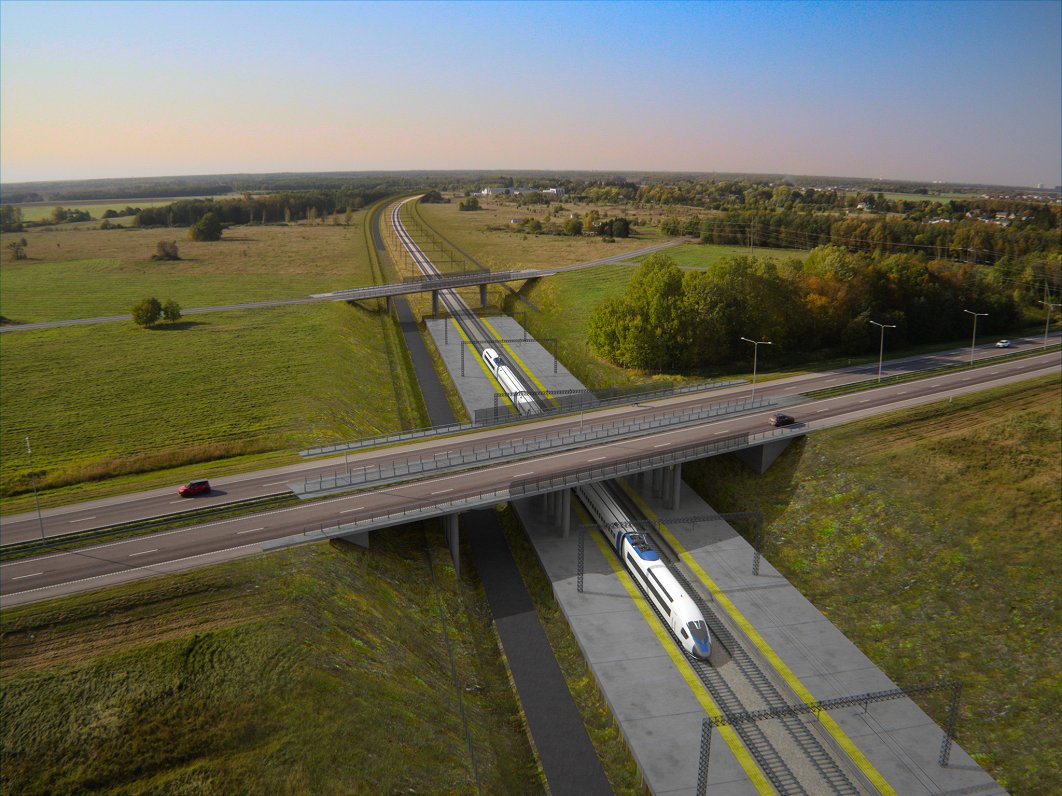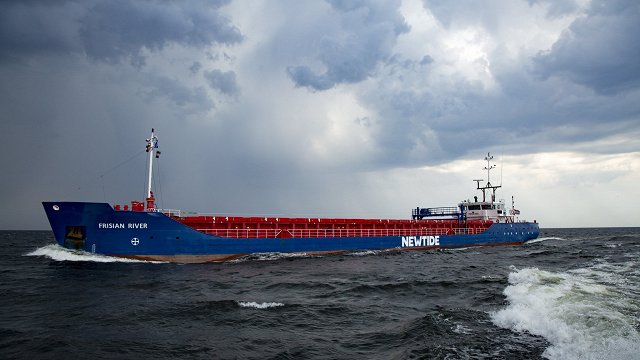"Rail Baltica, is recognized as a geopolitical and strategic necessity... This connection is important for the military mobility strategy of the Baltic States, significantly improving both the capacity and speed of movement, as well as connectivity with the arteries of the European infrastructure," said RB Rail the joint venture responsible for the problem-plagued project which has seen its projected costs rise four-fold from an initial price tag of 5.8 billion euros.
"The Rail Baltica project is planned for the improvement of passenger and cargo mobility, but also for the needs of military mobility, providing adequate infrastructure and rolling stock capacity. At the moment, the only railway section in the Baltics that is compatible with the European 1435 mm gauge is from Kaunas to the Polish border line, the technical parameters of which differ from those provided by Rail Baltica," said RB Rail.
"Standard gauge railways allow military equipment to be transported across borders without changing the track gauge, which takes extra time and is also logistically challenging. Rail standardization increases the EU's ability to respond to security threats and strengthen vulnerable regions," it argued.
The release from RB Rail cites a recent report from the U.S.-based Center for European Policy Analysis (CEPA), a think-tank, which says that if a regional conflict did happen, "Transporting military equipment by ship is slow and would be vulnerable to Russian naval interdiction in the Baltic Sea, while the limited number of highways and inadequate load capacities of bridges would impede the transport of heavy military equipment by truck.
"If they are interoperable with Poland and Germany, railways represent the best option for transporting armored vehicles and other heavy military equipment to the Baltics," according to CEPA. "There is no way around it, the focus must shift to improving cross-border military logistics. And that means rail," says the report by Dr. Justina Budginaite-Froehly, who also published another piece on a similar subject earlier this year.
Meanwhile, discussions continue on how to provide the massive finances required to complete the Rail Baltica project, which now has a tentative conpletion date of 2030. One option being considered is a Public Private Partnership (PPP) though the complexities of such arrangements are considerable and are usually in place at the beginning of a project rather than halfway through.
More pressingly, the Latvian government must find 61 million euros of co-financing after more than 300 million euros were released by the European Commission towards the costs of Rail Baltica. The EC had originally agreed to cover 85% of Rail Baltica's costs, but this proportion is lower in the most recent allocation, suggesting dissatisfaction with aspects of the planned spending.
The cost of the ambitious Rail Baltica project has risen to almost €24 billion from less than €6 billion initially. The project's cost increase is so huge that only the first phase of the project is planned to be completed by 2030 – essentially a single set of tracks instead of the double tracks originally envisaged.



























